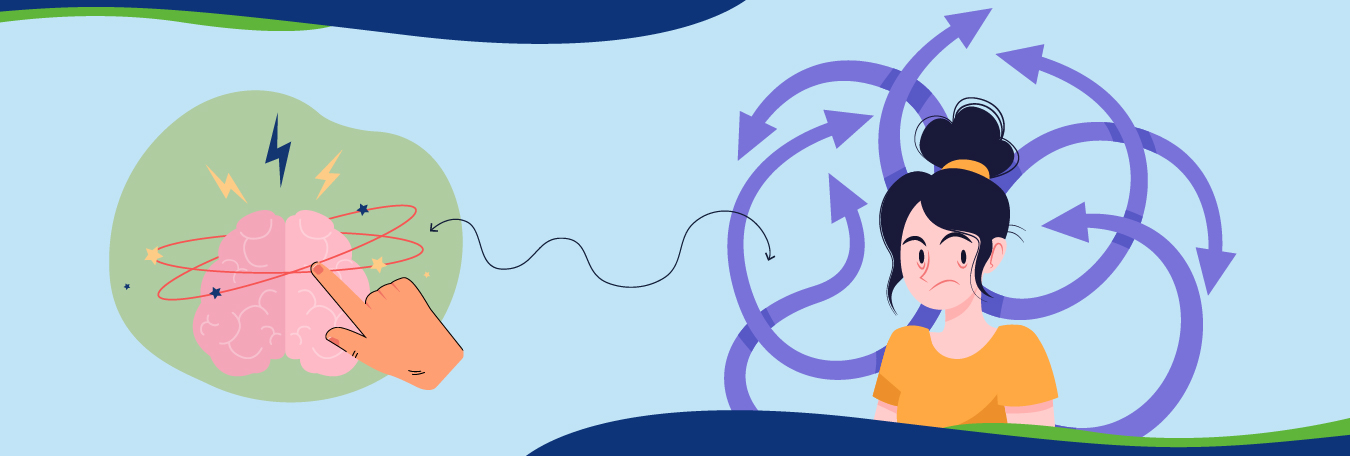Being book-smart is needed to pass exams and do mentally intensive tasks, but to survive in the real world, you need to know what others feel and what you feel to better understand how social institutions work around you. To summarize, it’s called emotional intelligence, and it is needed to survive the real world and therefore warrants a discussion in the words below, while we also discuss what constitutes high emotional intelligence.
What is Emotional Intelligence?
Intelligence is not something that is just related to intellect, as it is essentially the ability to understand, reason, and apply knowledge effectively in diverse situations. In 1920, Edward Thorndike theorized about three kinds of intelligence: social, mechanical, and abstract. Building on this, contemporary theories such as that proposed by Harvard psychologist Howard Gardner break intelligence into separate categories (e.g., emotional, musical, spatial, etc), but there isn’t a consensus among experts about the components of intelligence or whether accurate measurements of intelligence are even possible (Cherry, 2024).
But predominantly, people know only about two different types of intelligence, namely, mental intelligence and emotional intelligence. Our focus is on emotional intelligence.
Read More: Social Media and Mental Health’s Dangerous Link
What Partakes as Emotional Intelligence?
Emotional intelligence (also known as emotional quotient) is the capability to perceive, interpret, demonstrate, control, evaluate, and use emotions to communicate with and relate to others effectively and constructively.

Your capability of controlling your emotions and understanding them is an essential part of life. You use it to understand, interpret, and respond to the emotions of others and yourself. Some researchers believe that it is more important than general intelligence or intellect in the long run.
Usually, these are the characteristics that make up the whole of emotional intelligence (Salove & Mayer, 1990):
- The ability to perceive emotions: In order to understand emotions properly, you need to perceive them completely. One can perceive emotions via non-verbal signals such as body language and facial expressions.
- The ability to reason using emotions: After emotions have been perceived correctly, the next component of emotional intelligence is to see how a person can manage and reason with emotions properly, and how that person can use these emotions in their cognitive ability to promote thinking.
- Understanding emotions: The midpoint of emotional intelligence to see if a person is highly emotionally intelligent is to see how well one is able to interpret and how easily one is able to find the meaning behind emotions.
- Managing emotions: The last and most crucial part of emotional intelligence is how one is able to regulate emotions and respond appropriately, as well as how that person is able to respond to the emotions of others.
Read More: What is Double Depression and the Treatment for Double Depression
Do I Have High Emotional Intelligence?
Here are some of the ways you can find out if you have emotional intelligence on the high end of the spectrum (Drigas & Papoutsi, 2018):
- You have the ability to identify and describe what people are feeling
- There is an awareness of personal strengths and limitations in you
- You are self-confident and practice self-acceptance
- There is an ability to let go of mistakes possessed by you
- You have the ability to accept and embrace change
- There is a strong sense of curiosity, particularly about other people in you
- There are feelings of empathy and concern for others in you
- You show sensitivity to the feelings of other people
- You accept responsibility for mistakes
- There is an ability to manage emotions in difficult situations
Read More: Ultimate Guide for Ring of Fire ADHD: Symptoms, Causes, and Treatment
Can You Measure Emotional Intelligence?
Very much like how intellect is measured with the intelligence quotient (IQ), emotional intelligence can also be measured with the emotional quotient (EQ). You can measure emotional quotient via a range of different tests. These tests should not be underestimated because these tests can shed light on whether you are emotionally intelligent enough to sail through situations that might push you into depression or into something much worse, such as a bipolar disorder diagnosis. Let’s discuss some of these tests in a bit more detail:
-
Self-Assessment Tests:
On these types of tests, respondents respond to questions or statements by rating their behaviors. They are very much like questionnaires, but the questions (such as “I often feel that I understand how others are feeling”) that they have tend to be about how you respond to emotional situations. Because these are easy to administer and score, they are common in testing circles, but their accuracy can always be considered untrustworthy.
-
Ability Tests:
These are the ones that are royally hard to come by on your own and usually administered by a mental health professional. These involve having people respond to situations and then professionally assess their skills, while people responding to pre-made situations display their emotional prowess and abilities that are then rated by third parties. Usually, these are the two types of ability tests that are used: Mayer-Salovey-Caruso Emotional Intelligence Test (MSCEIT) and Emotional and Social Competence Inventory (ESCI).
Read More: Everything to Know About PTSD Criteria

Improving Emotional Intelligence
You can finally know the background behind the emotionally intelligent meaning once you understand why developing emotional awareness and asking questions like how to be emotionally intelligent is paramount to your survival in the real world. This is because it helps you get greater self-awareness, you think before reacting, you are most likely to avoid ailments like addiction and excessive anxiety, and it helps you empathize with others. You can improve upon or develop your emotional intelligence skills by making these small changes, as research suggests that emotional intelligence can indeed be improved radically (Gilar-Corbi et al., 2019):
- Accepting criticism and responsibility
- Moving on after making a mistake
- Saying no when you need to
- Being able to share your feelings with others
- Being able to solve problems in ways that work for everyone
- Having empathy for other people
- Having great listening skills
- Knowing why you do the things you do
- Not being judgmental of others
Read More: How To Cope With Sadness?
Wrapping Up!
We have given you the precise emotional intelligence definition and how it can be improved. We have also answered questions like, “What does it mean to be emotionally intelligent?”. If you don’t know how to build emotional intelligence or can’t do that with the tips provided here, you can refer to our services, such as psychotherapy or its alternative versions, such as telehealth. Inland Empire Behavioral Group is more than capable of handling issues pertaining to mental conditions and using treatments such as psychiatric medication management. Get an appointment today!




